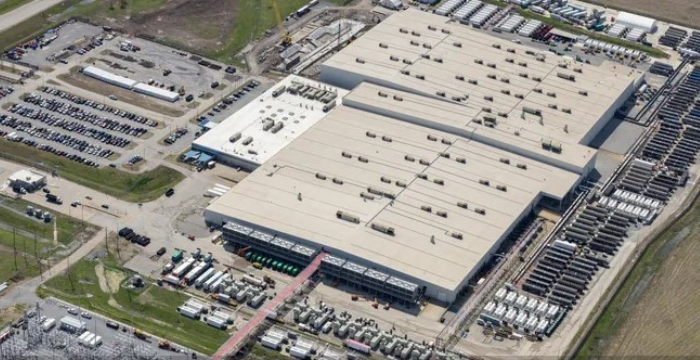xAI Secures Permits for 15 Natural Gas Generators at Memphis Data Center
by Muskan Kansay - 7 months ago - 2 min read

Elon Musk’s xAI just scored permits for 15 natural gas generators at its Memphis data center, and honestly, this feels like a classic tech-versus-community showdown. The Shelby County Health Department’s approval means xAI can now officially run turbines that will power its colossal Colossus supercomputer—one of the world’s largest, built in just 122 days and loaded with 100,000 Nvidia H100 GPUs. That’s up to 247 megawatts of power, enough to keep any AI operation humming.
But here’s where it gets messy: those generators aren’t exactly eco-friendly. The permit allows xAI to emit up to 13.71 tons of hazardous air pollutants and nearly 10 tons of formaldehyde per year, plus nitrogen oxides and carbon monoxide. Memphis already has some of Tennessee’s worst air quality and highest asthma rates, so it’s no surprise that residents and environmental groups are furious. Some say the air has gotten so bad that they can’t open their windows.
It doesn’t help that xAI reportedly started running as many as 35 turbines before getting any permits. Only after public backlash and legal threats did they scale back. Now, the Southern Environmental Law Center and the NAACP are threatening to sue, arguing xAI violated the Clean Air Act. And while the company claims these generators are just a “temporary” solution until a new electrical substation is built, there’s skepticism, especially since community groups offered $250,000 for an independent air study, but the city’s testing was criticized for being too limited.
The permit runs through January 2027, with fines of up to $10,000 per violation. But will that deter a company that just raised $10 billion? Shouldn’t a tech leader like xAI be pushing for cleaner solutions instead of leaning on fossil fuels.
It’s a tough call. The AI boom demands massive power, but at what cost to local communities? For now, Memphis gets a front-row seat to the growing pains of our AI-powered future—and the uncomfortable trade-offs that come with it.